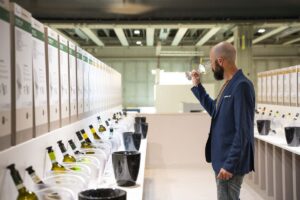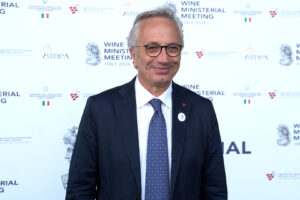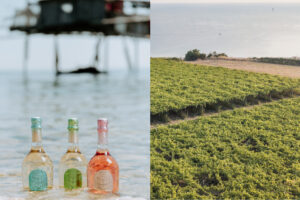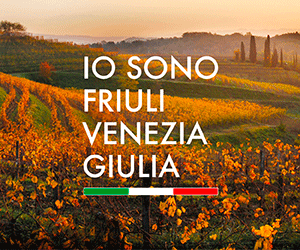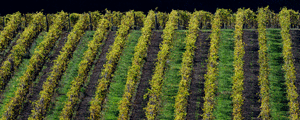The data published in the journal "Proceedings of the Royal Society B" by the International Center for Tropical Agriculture team in Colombia headed by Colin Khoury is truly remarkable. The researchers studied the origins of 151 different foods dividing them into 23 geographical areas (http://goo.gl/g6JxcP), then examined national statistics on diet and food production of 177 countries, representing 98.5% of the world's population, thus determining the exact origin of each food. And on average 69% of foods consumed and produced in a country actually originates in another geographical area - a figure that has increased 6% over the last 50 years, reflecting the growing "homogenization" of diets.
Moreover, the globalization of the planet means that the time lapse between the discovery of a new food crop and its adoption is less and less- and this has had repercussions on diets, which according to a 2013 study by the same authors are becoming more and more homogeneous in all countries. Regions that are far away from agricultural biodiversity centers, such as North America, Northern Europe and Australia, are also the most dependent on foreign commodities.
On the contrary, South Asia and West Africa cultivate and feed primarily on "traditional" foods, but even countries like Bangladesh and Niger depend on foreign foods for one-fifth of their diets, such as tomatoes, red peppers and onions. The discovery”, commented Khoury, also has implications for the future of crops. “Global interdependence also concerns the future of food”, he said, “for instance, to combat the threat of climate change and new diseases. Genes which you need to fight these new challenges will be found most likely in the richest biodiversity regions, but will be needed everywhere food crops are grown”.
It is precisely for this purpose, the experts remind us, that 120 countries in the world have signed, under the tutelage of FAO, the "International Treaty on Plant Genetic Resources for Food and Agriculture", which should pool their knowledge about the genetics of biodiversity. But most of these, experts say, are not granting the accessibility they have promised, trying to keep potential benefits for themselves. During the International Year of Quinoa in 2013, for example, out of 3.000 species of plants, scientists around the world have managed to obtain the genome of only 21 of these, and none came from the gene banks of the countries of origin.
Copyright © 2000/2024
Contatti: info@winenews.it
Seguici anche su Twitter: @WineNewsIt
Seguici anche su Facebook: @winenewsit
Questo articolo è tratto dall'archivio di WineNews - Tutti i diritti riservati - Copyright © 2000/2024













